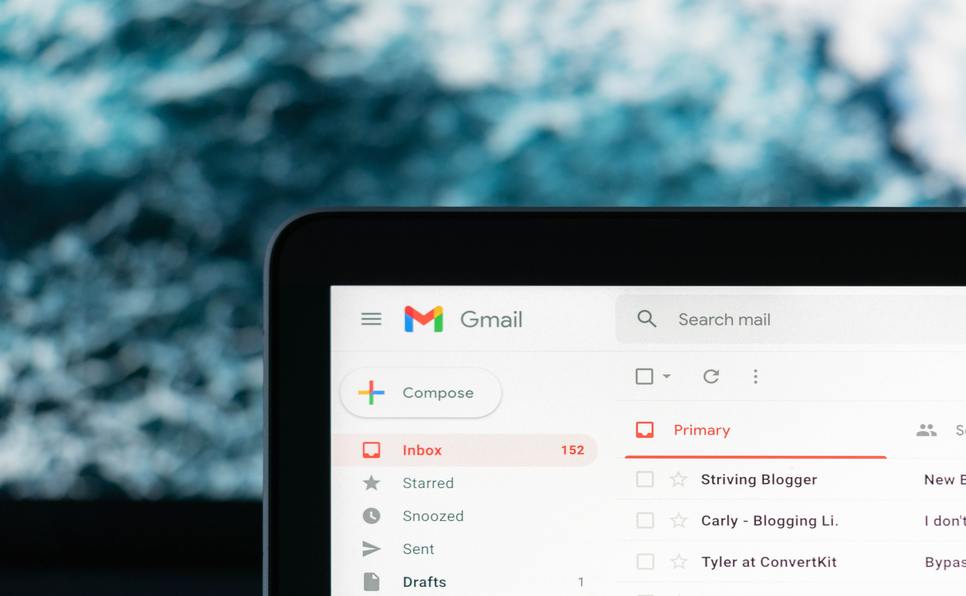It can be tempting to add everything under the sun to your query letter. You’re passionate about your manuscript-novel-someday-book. You want to share that passion with literary agents! We get it. But it’s so important that you understand how to edit your query letter to ensure you only include what it is absolutely necessary for literary agents to see. Because literary agents see hundreds, maybe thousands of query letters appearing in their slush pile every year. Yours may feel special, but kid, we’re telling you, it isn’t. Not yet, anyway.
Remember, the sole purpose of a query letter is to get a literary agent to request your manuscript to read. That’s it! That’s its function. It’s not a place to reveal your life story, or wax lyrical about your writerly hopes and dreams. You want to grab them with your hook, lure them in, then get the hell out of there.
When it comes to how to edit your query letter, there are a few very simple rules, which we’ve outlined for you below.
Cut the waffle
While your query letter is a sales tool, it is also reflective of your style as a writer. If you start rambling, use superlatives and adjectives, or don’t quickly get to the point, the literary agent is less likely to believe that your manuscript is succinct, and therefore, they are likely to pass.
Don’t overshare
If you have any of these elements in your query letter, please remove them immediately!
- An empty or nonsense subject line
- The date (if it’s an email the date is already there)
- An annoying rhetorical question—or an abundance of them
- How much effort went into writing your manuscript
- How much money you’ve spent on hiring an editor to look over it…
- …or the fact that you hired an editor at all
- The number of rejections you’ve had
- The names and details of other literary agents you’ve queried
- Setting a time constraint on how long an agent has to get back to you
- Bad jokes
- Revealing the ending in a “and it was all a dream” kind of way
- Revealing the ending, period
Follow the rules on query letter length
The rules on how long your query letter should be are very simple: one page, single-spaced, and at the sweet spot of somewhere between 250 and 350 words. If your query letter is longer than this, you need to edit it down. If it is shorter, it is too short. If your query letter is too long or too short, an agent will think you haven’t bothered to follow the convention and they simply won’t read it.
Forensically line edit
You’re a writer, so you should know how to line edit. Make every single word count. If there’s something in there that’s hurting the meaning or the pace of your sentence, kill it with fire. None of your sentences should be any longer than fifty words.
Include a brief bio
Brief, being the operative word. Your query letter bio should give the literary agent a meaningful insight into your writing career, publishing credits, and perhaps your profession or hobbies—only if relevant to the manuscript that you’re querying. It should not be a potted history of your life, reveal your age or marital status, or mention a writing prize you won when you were in fourth grade, or the fact that your mother thinks you’re a wonderful writer. These are not achievements worthy of a query letter bio.
Proofread!
Want to know how to edit your query letter like a pro? Simple. Proofread it. Just like you would do with your manuscript, ensure your query letter is grammatically sound and error-free. Even a single typo could be enough to put an agent off. It screams sloppy. Why take that risk? Triple-check everything. And do it one more time after that. If you can, get a trusted eye or two on it.
Checklist: How to edit your query letter
- Check for the following components and follow the conventions around them:
- Subject line
- Address (Dear Agent’s Name)
- Brief introduction and personalization (optional)
- Hook
- Book meta data (genre, title, word count)
- Marketing comparison (it’s like x with a little bit of y thrown in…)
- Bio including relevant credentials
- Sign off (thank them for their time and consideration)
- Contact details (email, phone number, website URL)
- Proofread the above!
- Cut the waffle
- Cut some more
- Check length
- Proofread again
- And again
Remember, this is your pitch. Your chance at publishing. Keep it succinct, punchy, and perfect: no muss, no fuss. You’re a writer. You’ve got this. Still need help with how to edit your query letter? Try our query letter editing service, The Query Doctor.
Recommended reading
Here at Aspiring Author, we love recommending bestsellers and fawning over hot new releases. On this real time recommended reading list, you will find a list of top rated books on the publishing industry, craft, and other books to help you elevate your writing career.









